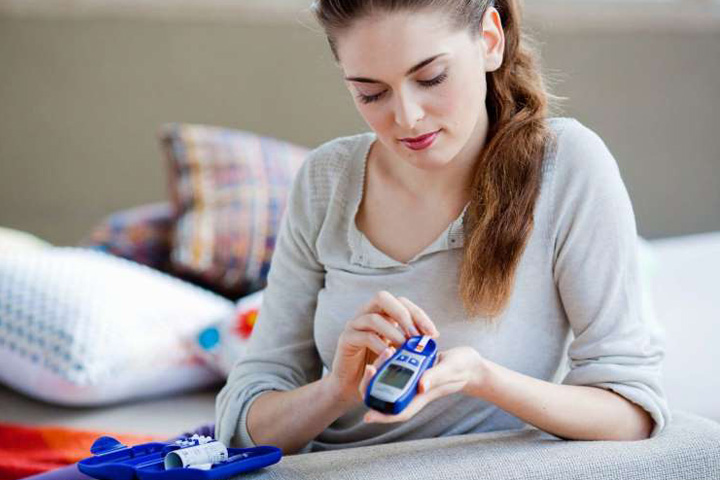Limiting food to a ten hour window could cut your risk of diabetes, study says

Limiting your eating to a ten hour window could help cut your risk of diabetes, an America study has found.
The research by the University of California, San Diego, found that those who ate during a ten hour timespan of their choosing, saw reduced symptoms which put you at risk of diabetes.
The study involved people with metabolic syndrome, a condition with symptoms such as high blood sugar and high blood pressure which means they are at higher risk of diabetes and heart disease.
The results, published in the journal, Diabetologia, showed that at the end of 12 weeks, the participants had a three per cent reduction in their weight and fat, while many had reduced cholesterol and blood pressure alongside improvements in their blood sugar levels.
The 19 members of the trial chose to move their calorie intake into a ten hour window, ranging between 8am and 10am until 6pm and 8pm before fasting during the remaining 14 hours of the day.
"As a preventive cardiologist, I try to work with my patients and encourage them to make lifestyle changes, but it is very hard to get them to make lasting and meaningful changes," said the study’s co-author, Pam Taub, Associate Professor of Medicine at the University of California San Diego School of Medicine.
When choosing to eat their meals, participants chose to eat their breakfast later and their dinner earlier, around three hours before going to bed.
70 per cent of participants reported an increase in sleep satisfaction or in the amount that they slept.
Dr Jenna Macciochi, Lecturer in Immunology, University of Sussex, said: “This is a small study but critical in that is it the first step in translating what we know from experimental animal studies to be true in humans.
“It is encouraging that some participants continued for up for one year because compliance is always a challenge with any kind of diet or lifestyle modification. Importantly it enabled people to self select the eating window, rather than skipping meals.”
A further study found that babies who were born prematurely were more at risk of type 1 and type 2 diabetes.
The research of over four million babies born in Sweden since the 1970s found that in young adults aged 18-43 years, being born before 37 weeks was associated with a 24% increased risk of type 1 diabetes and a 49% increased risk of type 2.
The researchers concluded that premature children would need “early preventive evaluation and long-term follow-up for timely detection and treatment of diabetes."
Source: The Telegraph
AH
Comments

 Live Tv
Live Tv




